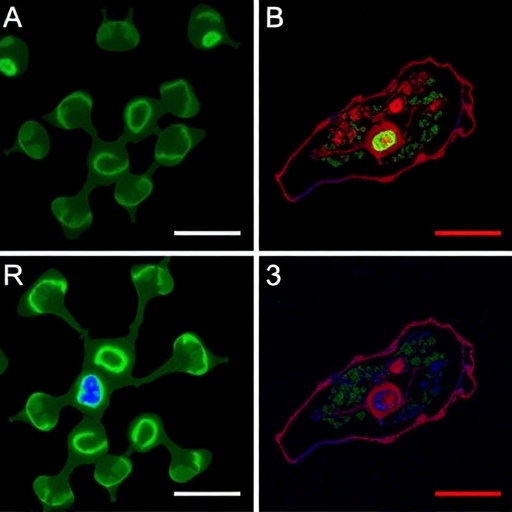LAS VEGAS, NV – Anterior Cruciate Ligament (ACL) reconstruction patients often face bone and muscle loss immediately following the procedure. Researchers presenting their work today at the AOSSM/AANA Specialty Day note that combining blood flow restriction (BFR) therapy with traditional rehabilitation efforts may slow bone loss and reduce return to function time.
“Providing BFR as part of the rehabilitation efforts following ACL surgery, appears to help preserve the bone, recover muscle loss and improve function quicker, according to our research,” said lead author, Bradley Lambert, PhD – Orthopedic Biomechanics Research Laboratory, Department of Orthopedics & Sports Medicine, Houston Methodist Hospital)
Dr. Lambert and his colleagues are presenting new results of a randomized prospective study initiated and directed by Dr. Patrick McCulloch, MD (PI & Chair of Research for the Department) whereby 23 active young patients (Mean age 23) were studied following ACL reconstruction. Participants were divided into two groups. Both groups received the same rehab protocol, however during select exercises the BFR group exercised with an 80% arterial limb occlusion using an automated tourniquet. Bone mineral density, bone mass, and lean muscle mass were measured using DEXA. The addition of BFR therapy to standard rehab exercises was found to prevent muscle mass loss in the whole leg and thigh in the post-operative limb compared to rehab alone. Intriguingly, the addition of BFR was also observed to minimize losses in bone mineral content and preserve bone density in the limb compared to standard rehab alone. These findings coincided with improved functional outcomes observed by Dr. Corbin Hedt, DPT who oversaw the therapy sessions.
“BFR is a suitable additive therapy to ACL rehabilitation for the purposes of minimizing the loss, and enhancing the recovery of muscle, bone, and physical function. While further research is needed to fully illuminate the physiologic mechanisms responsible for our results, these findings likely have wide ranging implications for fields outside of ACL rehab alone such as injury prevention, age-related muscle and bone loss, military rehabilitation, and potentially space flight,” said Lambert.
###
The American Orthopaedic Society for Sports Medicine (AOSSM) is the premier global, sports medicine organization representing the interests of orthopaedic surgeons and other professionals who provide comprehensive health services for the care of athletes and active people of all ages and levels. We cultivate evidence-based knowledge, provide extensive educational programming, and promote emerging research that advances the science and practice of sports medicine. AOSSM is also a founding partner of the STOP Sports Injuries campaign to prevent overuse and traumatic injuries in kids.
Media Contact
Lisa M Weisenberger
[email protected]
https:/




